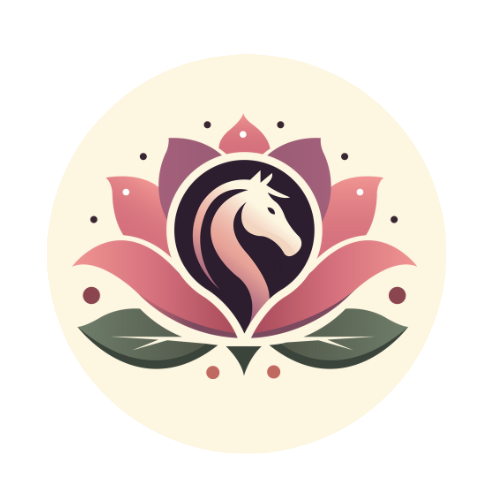What If Vulnerability Made You Stronger?
The Diagnosis That Changed Everything
No one wants to hear the word cancer—especially not on their birthday.
And it was my 58th, for fuck’s sake.
That day, I woke up in the recovery room after a total hysterectomy.
Something inside me shifted. I didn’t know it yet, but my relationship with control, strength, and vulnerability was about to be completely rewritten.
The Decision I Didn’t Want to Make
When my doctor told me I’d need chemotherapy — basically as an insurance policy since my cancer was caught early — my first reaction was hell no.
My mom had gone through chemo years before, and it wrecked her. And a colleague of mine had died after a bad reaction during her last round.
So, no thanks.
But a week or so later, something in me shifted. My intuition — that quiet inner knowing I’d learned to trust in recovery — told me to do it.
Don’t get me wrong, I was still anxious as hell, but I listened.
And that decision, terrifying as it was, became one of the bravest choices of my life.
When Strength Stops Working
For years, I’d been the strong one. The capable one. The one who rarely asked for help.
But cancer didn’t give a shit about that.
It stripped me bare—of certainty, of control, of the illusion that I could muscle my way through everything (even chemo). I spilled my fears in tears out to my oncology nurse, and she assured me, “we’re going to take this nice and slow.” I knew I was in good hands
I had a “plan.”
At the time, I thought it was brilliant. I’d get chemo on Wednesday, work Thursday and Friday, rest over the weekend, and go back to work on Monday. Easy, right?
Ha.
Learning to Surrender
I found myself surrendering—with extreme resistance—to fatigue. Real, soul-deep, body-wrecking fatigue. I’d never felt anything like it before or since. It was brutal.
Looking back, surrendering to fatigue meant taking care of myself instead of my job.
And honestly? I didn’t fully surrender until later—when I couldn’t pretend anymore.
I carried so much guilt about not being at work that I forgot to have compassion for myself—for the woman who was fighting for her life, literally.
I had to start taking care of myself more, and worrying about my job less.
Sobriety, Surrender, and the Power of Asking for Help
What saved me wasn’t strength.
It was surrender.
After a few rounds of chemo, the fatigue was undeniable. I finally set down the guilt I carried about not being productive and asked for help. My husband was already waiting on me like the queen that I am (and he did even more once I let him).
Sobriety had already taught me a few things about asking for help, about softening instead of bracing.
That practice of vulnerability—messy, uncomfortable, honest—became my greatest lifeline during chemo.
Vulnerability Isn’t Weakness — It’s BRAVE
Vulnerability didn’t make me weak. It made me real.
And that’s where my strength had been hiding all along.
Because you can survive what you think might break you.
You can rise from it—more courageous, more open, and more you than ever before.
If there’s one thing cancer, recovery, and working with herds of horses have taught me, it’s this:
Pretending you’ve got it all together is exhausting—and completely pointless.
Vulnerability isn’t weakness. It’s BRAVE.
It’s where real healing begins—in the moments when we stop performing strength and start living it.
Because every time we soften, ask for help, or show up as we really are, we reclaim a little more of ourselves.
And that, my friends, is where true strength lives.
